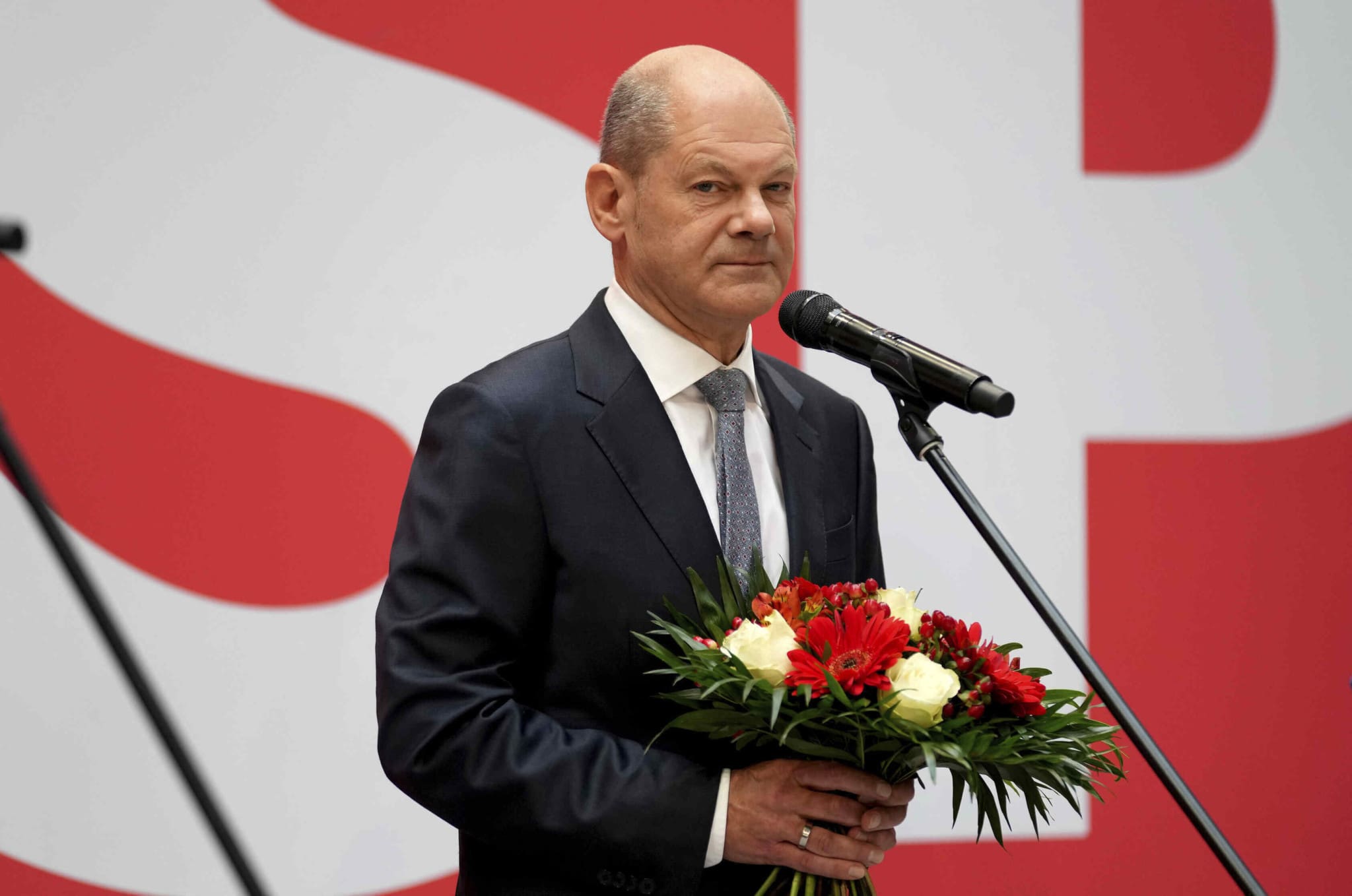SPD Chancellor candidate Olaf Scholz has spoken out in favor of faster visa processing for family reunification for recognized refugees. Structures would have to be created “to be able to solve this task quickly,” he told the magazine Panorama on Thursday.
Accelerating this process would be “a major modernization that we need in Germany, but which also contributes directly to the fact that we can also fulfill humanitarian obligations that we are happy to accept,” the Social Democrat emphasized.
Greens boss Robert Habeck made a similar statement, calling for an increase in the staff in visa processing. Opportunities should also be created to submit corresponding applications digitally. In this way, family members in crisis areas could be spared life-threatening journeys.
The number of asylum seekers is growing
In Germany, there is currently an upper limit for family reunification of 1,000 people per month. The Union and the SPD had agreed on this in their coalition negotiations after the 2017 federal election. Previously there had been a fierce dispute about this in the negotiations between the CDU/CSU, FDP and Greens.
In the past few months, the number of asylum seekers in Germany has been rising sharply again. In May, 8,278 migrants submitted an application to the Federal Office for Migration and Refugees (BAMF), which corresponds to an increase of 119.2 percent compared to the same month last year.
Most of the asylum applications were submitted by Syrians (3,659). The second largest group was Afghans (1,524 applications), and the third-largest was Iraqis (602). Some 2,204 people were recognized as refugees, while a further 1,356 people were given subsidiary protection status by the authorities and 370 migrants were given protection against deportation.
As of June, almost 11,000 migrants had made inquiries about family reunification in German diplomatic missions abroad. The applications have been received by the embassies in Lebanon, Northern Iraq, and Turkey, among others.






